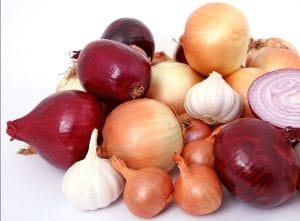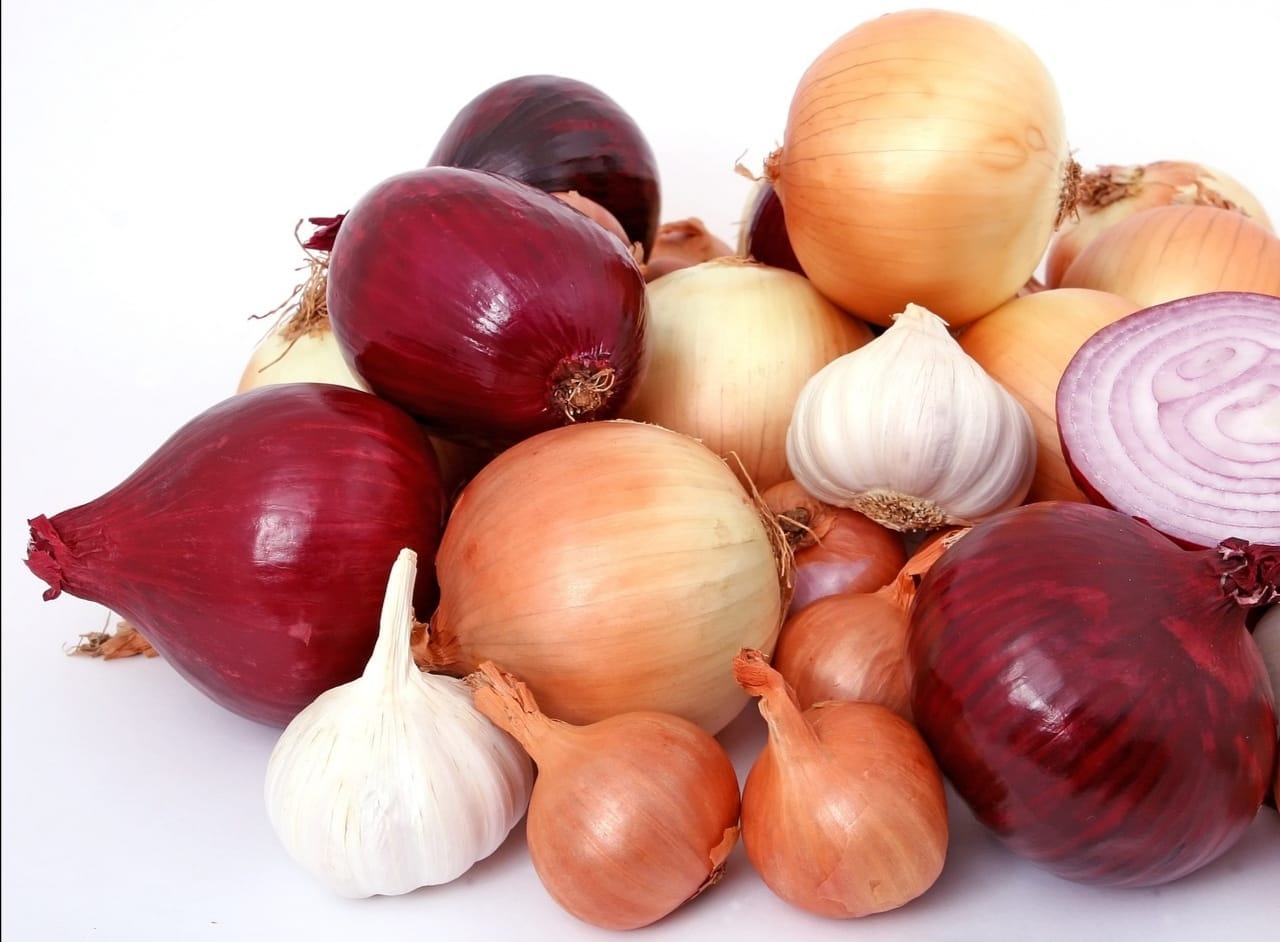Being Pregnant is a precious time in a woman’s life when she needs to be mindful of her diet and make informed choices about the foods she consumes. Among the many food concerns that arise during pregnancy, onions often spark discussions regarding their potential effects on expectant mothers and their unborn babies. In this article, we will explore the truth behind the effects of onions on pregnant women, helping to dispel common misconceptions and provide evidence-based information.
Nutritional Value of Onions
Onions are highly versatile vegetables that come in various shapes, sizes, and colors, and they are widely used in cuisines around the world. From a nutritional standpoint, onions are low in calories and packed with essential vitamins and minerals. They are a good source of vitamin C, vitamin B6, folate, potassium, and dietary fiber.
Potential Benefits of Onions During Pregnancy
Consuming onions in moderation as part of a well-balanced diet can provide several benefits to pregnant women:

1. Nutrient Boost:
Onions offer a range of essential nutrients that support the overall health of both the mother and the developing fetus. Folate, for example, is crucial for proper neural tube development and can help prevent certain birth defects.
2. Immune Support:
Onions are rich in vitamin C, which plays a vital role in supporting a healthy immune system. Adequate immune function is especially important during pregnancy to protect both the mother and the baby from infections.
3. Antioxidant Properties:
Onions contain various antioxidants, including flavonoids and sulfur compounds, which can help neutralize harmful free radicals in the body. This antioxidant activity may contribute to reducing the risk of chronic diseases and promote overall well-being.
Misconceptions and Concerns
Despite the nutritional benefits, there are a few misconceptions and concerns surrounding onions during pregnancy. Let’s address them:
1. Indigestion and Heartburn:
Some pregnant women may experience digestive discomfort, including indigestion and heartburn, due to hormonal changes. Onions, particularly when consumed in large quantities or by individuals with pre-existing sensitivity, can potentially exacerbate these symptoms. Moderation and personal tolerance are key factors to consider.
2. Allergic Reactions:
On rare occasions, individuals may have an allergic reaction to onions. If you are allergic to onions, it is important to avoid them during pregnancy to prevent any adverse reactions.
3. Odor Concerns:
Onions are known for their strong odor, which can cause temporary bad breath and body odor. While this is not harmful to the mother or the baby, it may be a personal discomfort for some pregnant women.
Safe Consumption Tips
To enjoy the potential benefits of onions while minimizing any discomfort or risks, consider the following tips:
1. Moderation:
As with any food, moderation is key. Including onions in your meals in reasonable amounts is generally safe during pregnancy.
2. Cooking:
Cooking onions thoroughly can help reduce their pungency and make them easier to digest. Consider sautéing, roasting, or boiling them to mellow their flavor.
3. Personal Tolerance:
Every individual is different, and some pregnant women may be more sensitive to certain foods, including onions. Pay attention to your body’s response and adjust your consumption accordingly.
Let’s conclude by saying, Onions are nutritious vegetables that can be a healthy addition to a balanced diet during pregnancy. They provide essential vitamins, minerals, and antioxidants that support overall well-being. However, personal tolerance, moderation, and cooking methods should be considered to minimize any potential discomfort. As always, it is advisable to consult with a healthcare professional or a registered dietitian for personalized guidance regarding your specific dietary needs during pregnancy.









